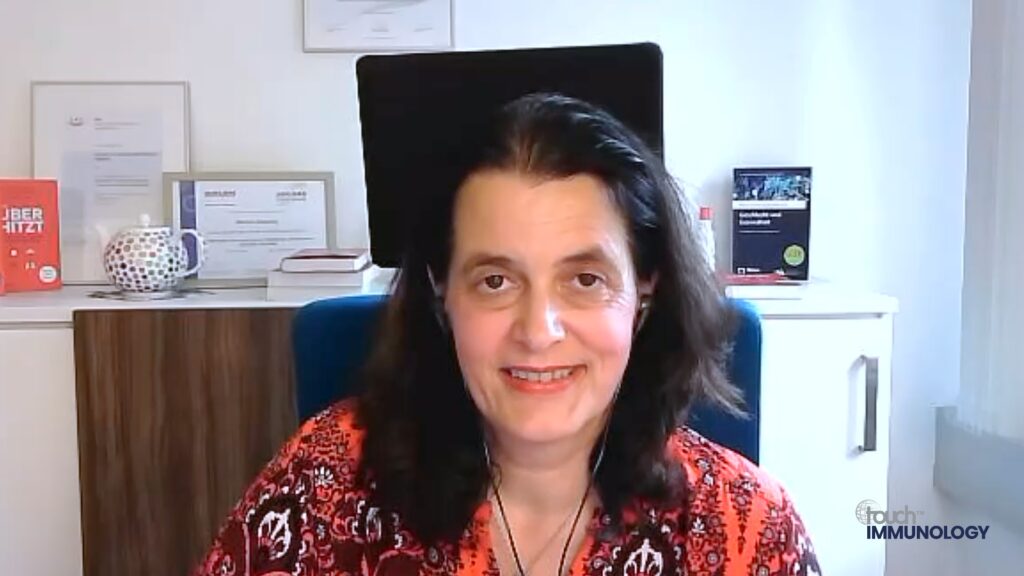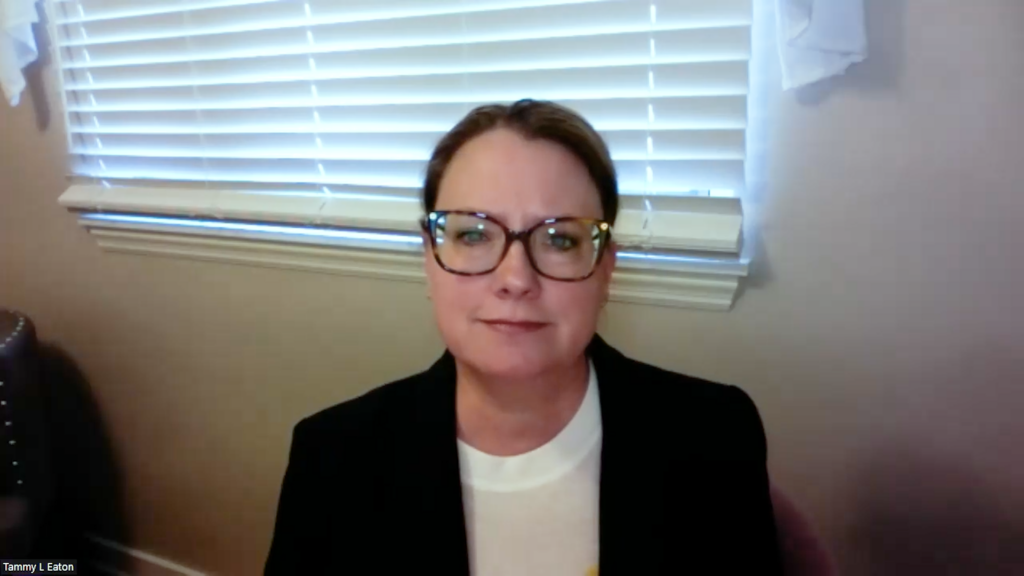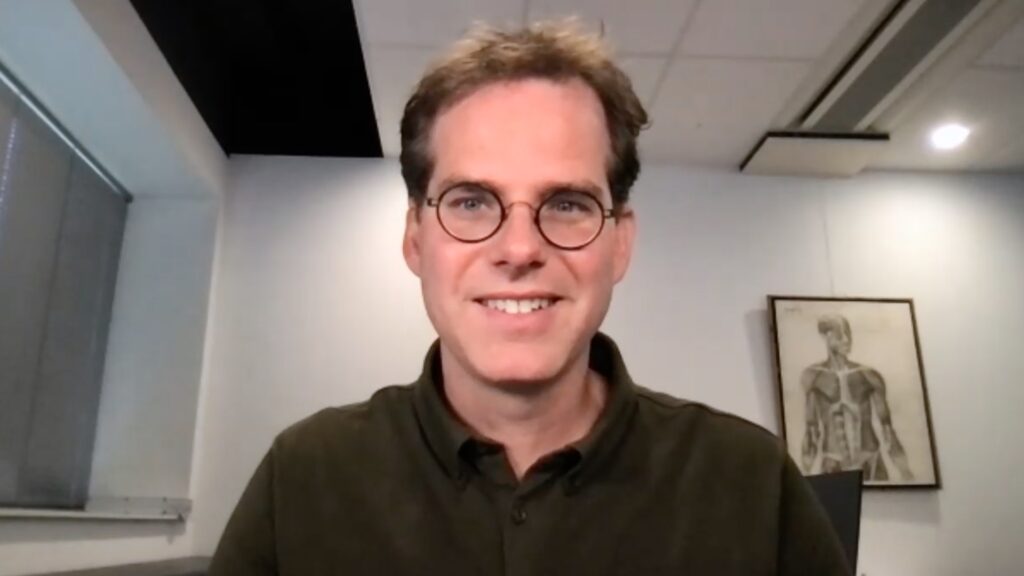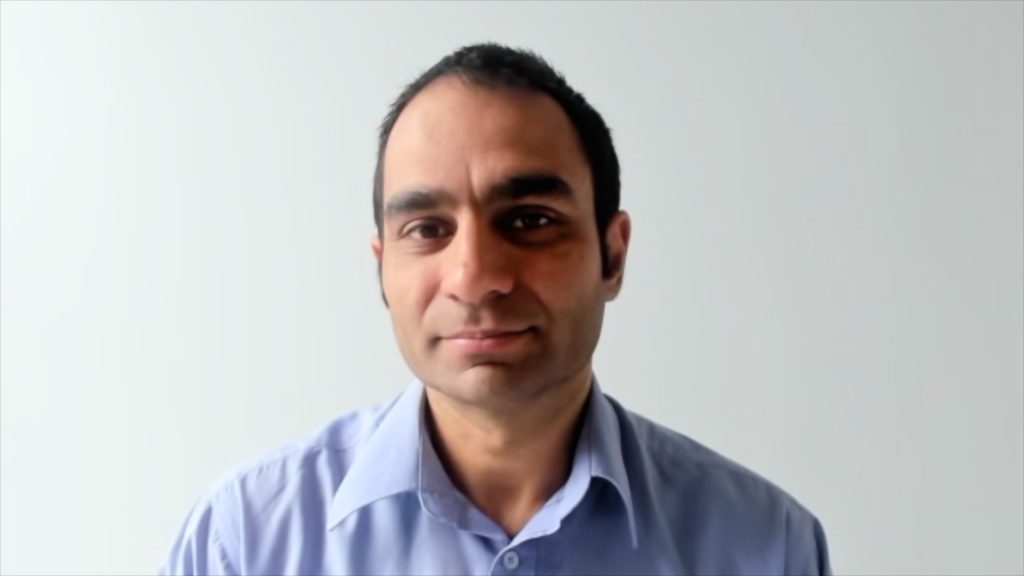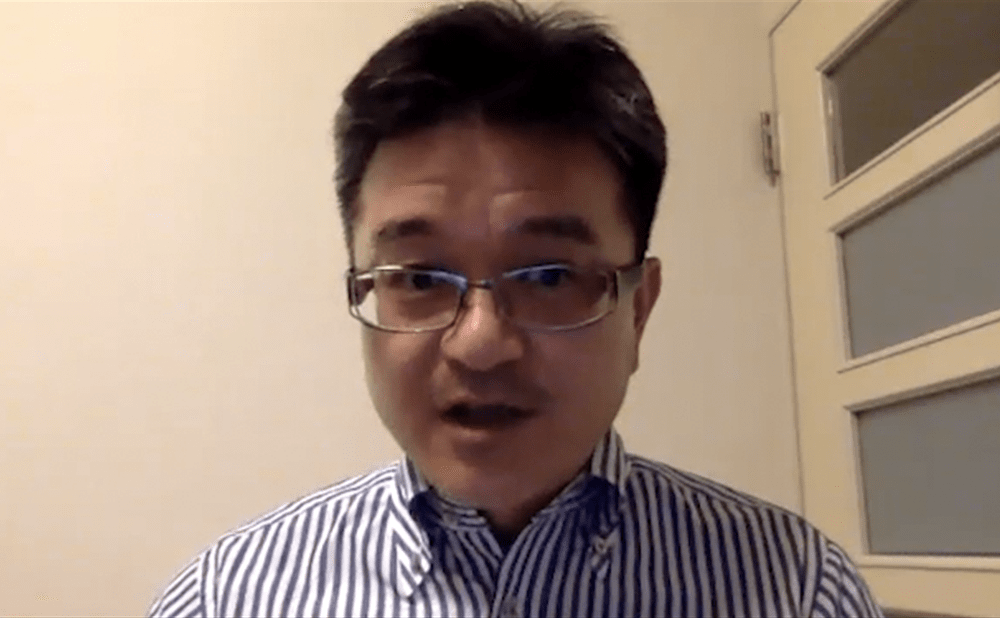COP29, currently underway in Baku, is bringing together global leaders to address the multifaceted issues of climate change, with healthcare firmly on the agenda. In a speech delivered by the WHO Director-General, Dr Tedros Adhanom Ghebreyesus, he emphasized the critical link between climate change and human health, reinforcing that the climate crisis is, at its core, a health crisis. The escalating climate emergency is no longer a distant threat; it is already affecting human lives, particularly those of vulnerable groups like women and children.
 In his address, Dr Tedros highlighted the direct threats that climate change poses to human health, pointing to rising sea levels, increasing temperatures, extreme weather events, and air pollution as major contributors to health risks. He highlighted specific examples of these impacts, including how air pollution contributes to 7 million premature deaths annually1 and how rising temperatures are expanding the spread of infectious diseases like malaria.2 Climate-driven water scarcity, food insecurity, and malnutrition were emphasized as factors disproportionately affecting children, with 920 million children experiencing water scarcity and millions facing developmental challenges due to poor nutrition.3
In his address, Dr Tedros highlighted the direct threats that climate change poses to human health, pointing to rising sea levels, increasing temperatures, extreme weather events, and air pollution as major contributors to health risks. He highlighted specific examples of these impacts, including how air pollution contributes to 7 million premature deaths annually1 and how rising temperatures are expanding the spread of infectious diseases like malaria.2 Climate-driven water scarcity, food insecurity, and malnutrition were emphasized as factors disproportionately affecting children, with 920 million children experiencing water scarcity and millions facing developmental challenges due to poor nutrition.3
The speech also highlighted the economic dimension of climate change, revealing projections that climate change could push an additional 158 million women and girls into extreme poverty by 2050.4 This statement emphasized that climate action is necessary not just for the environment but as a critical measure for safeguarding human health and economic well-being.
Dr Tedros called for urgent climate action, detailing five specific interventions from the WHO’s COP29 report,5 released ahead of the summit, that could prevent up to 1.9 million premature deaths. These include:
- Establishing early warning systems for extreme heat,
- Transitioning to solar power for healthcare facilities,
- Enhancing water, sanitation, and hygiene (WASH) systems,
- Promoting cleaner household energy, and
- Implementing fiscal policies targeting fossil fuel subsidies.
Dr Tedros outlined a three-pronged approach to tackling climate change: protecting people, place and planet.
- Protecting people involves equitable climate resilience, including a fair energy transition and the development of climate-resilient healthcare systems.
- Protecting place focuses on creating healthy environments in cities and communities, driven by sustainable urban planning and zero-emission transportation.
- Protecting the planet requires transforming financial systems to prioritize sustainable growth over extractive practices, integrating the voices of vulnerable communities in governance.
The speech concluded with a powerful call for global action, centred on health as the ultimate reason for addressing climate change. Dr Tedros’s appeal resonated with the sentiment that the most compelling reason for climate action is the health and well-being of children, framing climate action as both an urgent necessity and a moral obligation.
Find more details on healthcare discussions at COP29 here.
References:
- .7 million premature deaths annually linked to air pollution. World Health Organisation. Available at: https://www.who.int/news/item/25-03-2014-7-million-premature-deaths-annually-linked-to-air-pollution (accessed Nov 13, 2024).
- Heatwaves, spread of infectious diseases due to climate change growing health threats to Europeans. European Environment Agency. Available at: https://www.eea.europa.eu/en/newsroom/news/heatwaves-spread-infectious-diseases (accessed Nov 13, 2024).
- One billion children at ‘extremely high risk’ of the impacts of the climate crisis – UNICEF. UNICEF. Available at: https://www.unicef.org/press-releases/one-billion-children-extremely-high-risk-impacts-climate-crisis-unicef (accessed Nov 13, 2024).
- Gender equality is the missing piece in the climate debate, UNDP. Available at: https://www.undp.org/blog/gender-equality-missing-piece-climate-debate (accessed Nov 13, 2024)
- COP29 special report on climate and health. World Health Organization. Available at: https://cdn.who.int/media/docs/default-source/environment-climate-change-and-health/58595-who-cop29-special-report_layout_9web.pdf?sfvrsn=dd2b816_8 (accessed 13 Nov 2024).
Disclosures: Disclosures: This article was created by the touchRESPIRATORY team utilizing AI as an editorial tool (ChatGPT (GPT-4o) [Large language model]. https://chat.openai.com/chat.) The content was developed and edited by human editors. No funding was received in the publication of this article.


